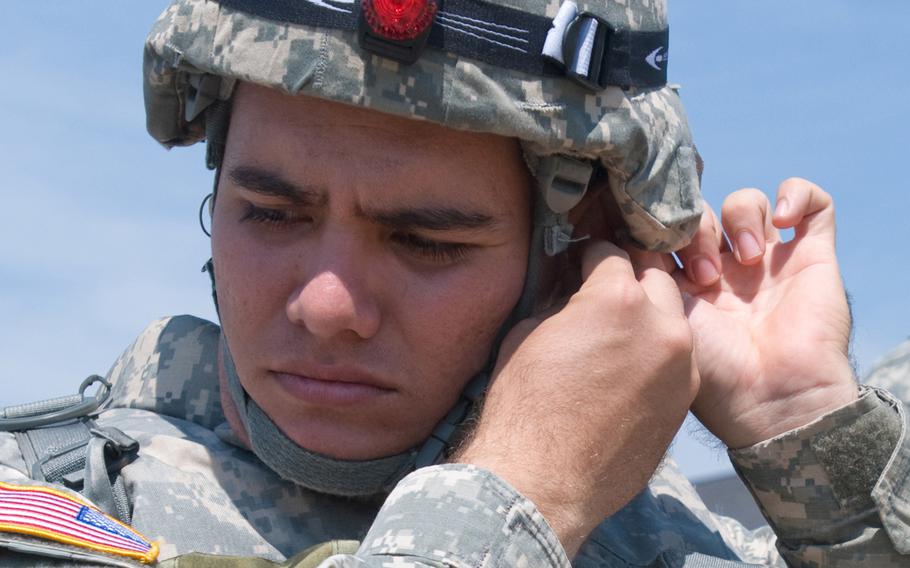A federal jury on Friday concluded earplug manufacturer 3M has some liability for an Army veteran’s hearing loss after using their product during military service.
The jury determined the Minnesota-based company failed to provide warnings about their product, though the earplug was not defective, according to court documents from the trial held in Pensacola, Fla. The plaintiff, Lloyd Baker, had been diagnosed with hearing loss and tinnitus, and his damages were given an estimated worth of $1.7 million by the jury.
However, jurors found 3M only held 62% of liability and is responsible for that percentage of the damages, or about $1.05 million. The remaining responsibility fell to Baker, according to court documents.
"We are humbled by the bravery and courage shown by service members like Lloyd Baker, not only for their service to our country, but also for standing up against 3M on behalf of all the veterans who now face preventable hearing loss and tinnitus as a result of the [combat arms earplug version 2],” according to a statement from Baker’s attorneys, who include Bryan Aylstock of Aylstock Witkin Kreis & Overholtz, PLLC; Shelley Hutson of Clark, Love & Hutson GP; and Christopher Seeger of Seeger Weiss LLP.
Representatives for 3M issued a statement that said their product has always been “safe and effective to use, and on Friday, a jury agreed that the product was not defective.”
The verdict was the third this year as part of a series of trials from a multidistrict litigation case that includes more than 240,000 veterans. All claim their hearing was damaged from using 3M earplugs that were issued for use during military service primarily during the wars in Iraq and Afghanistan.
During the first trial, held in April, a jury awarded $7.1 million to three Army veterans who said they suffered hearing loss and tinnitus because of the earplugs. 3M won in the second trial in May, which involved one veteran.
This year’s cases have been bellwether trials, which can be used in multidistrict litigation to present a representative of the cases before a jury to gain information for potentially reaching a settlement for all cases. It can help both parties determine the costs of subsequent litigation.
Two more are scheduled for September and October and a third for early next year. Meanwhile, 3M said it will explore options to appeal.
“Friday’s outcome, as well as our win in the last bellwether trial, affirms our confidence in our case, and we will continue to defend ourselves in this litigation,” 3M said in a statement.
Plaintiffs have claimed the company knew of design flaws in the dual-sided earplug that would allow it to slip imperceptibly while worn. Work on the earplug began in 1990s, and it was used in the military until 2015.
No recall was ever issued on the product and version 4 of the earplug remains in use by the military, according to 3M.
Twitter: @Rose_Lori

Spc. Coca Temoananui, assigned to the 311th Signal Command, puts in ear protection prior to a helicopter flight, in 2012. (Debrah Sanders/U.S. Army)